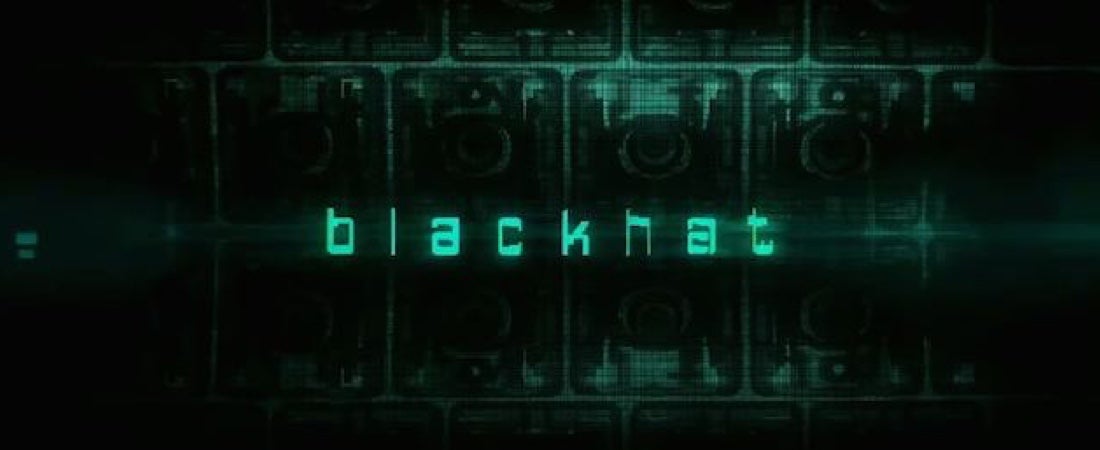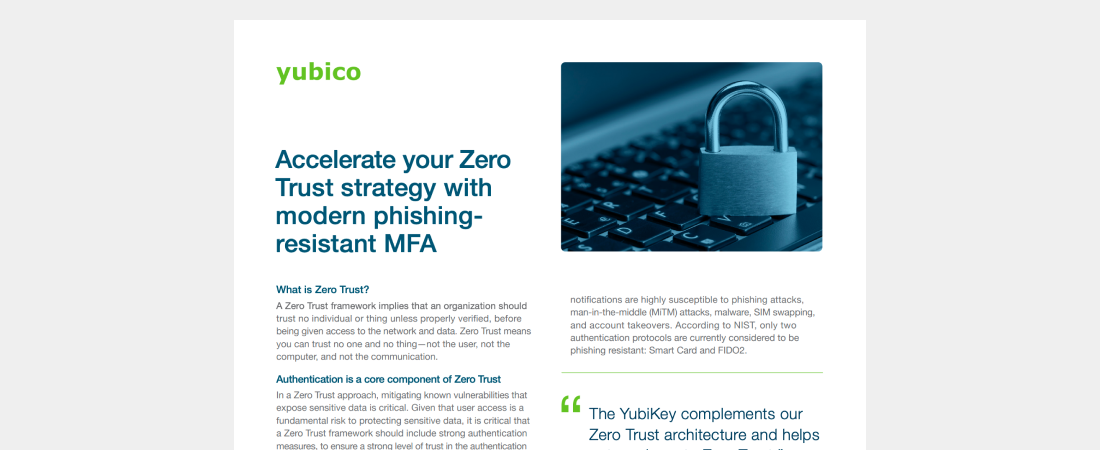The YubiKey made it into Hollywood’s spotlight last weekend, taking on a plot-turning cameo appearance in the movie Blackhat. (Cue the suspenseful music).
When it was all said and done, the YubiKey showed some of the power of two-factor authentication – not in terms of fingering (pun intended) the suspect, but narrowing the field of potential culprits to whomever had physical access and touched the key.
In a cinematic trick, the YubiKey took the role of a biometric device, something it is not in real life.
Blackhat’s plot involves the pursuit of a hacker who has attacked a Hong Kong nuclear plant, causing an explosion. He then moves on to Chicago’s Mercantile Trade Exchange, causing pricing chaos.
The Hollywood twists and turns include little you’d find in a server room or the day-in-the-life of a developer including a bad boy convict, international security teams, globe hopping, car chases, hand guns, heavy artillery, grief, triumph and romance. Ok, maybe heavy (video game) artillery.
As the search for the perpetrator begins, it is quickly narrowed down by a hot lead provided indirectly by the YubiKey. The key allows the good guys to ascertain the sophisticated hack began as an inside job, since whomever infiltrated the systems had to have touched the key to access sensitive data.
Ah, the power of touch. At least the film got that right.
The touch of YubiKey’s capacitive sensor is a key feature, proving physical user presence – something a hacker or a Trojan can’t do over the network.
Other hacker movies may want to consider the YubiKey in any number of other whitehat roles.
In real life, YubiKeys are used for physical access to offices, logging into servers, or accessing Gmail or Salesforce or GitHub, or WordPress or many other apps. Options include Mifare Classic, OTP, TOTP, U2F, NFC, Windows login/RDP with PIV, and SSH via PGP.
Now there’s a blockbuster lineup of good actors.
Perhaps we need a sequel. (Actually, while the cybersecurity scenes were fairly realistic and believable, Blackhat overall isn’t up to a sequel).
Here’s a look at the YubiKey’s cameo – don’t blink at 00:43 seconds.


